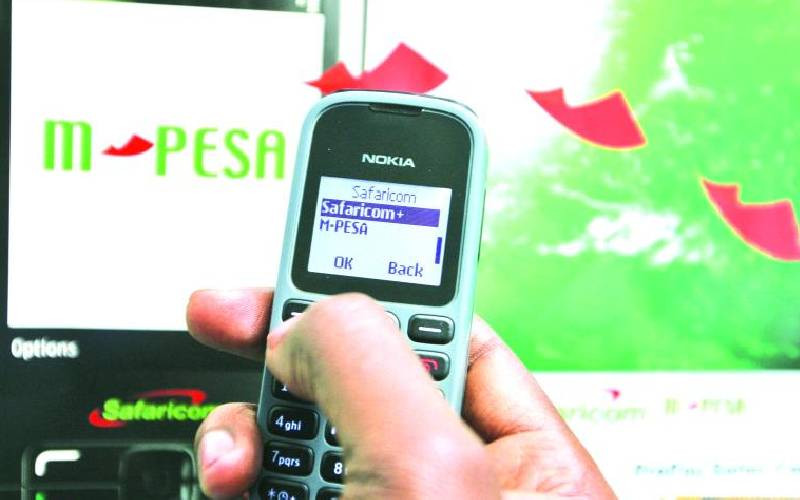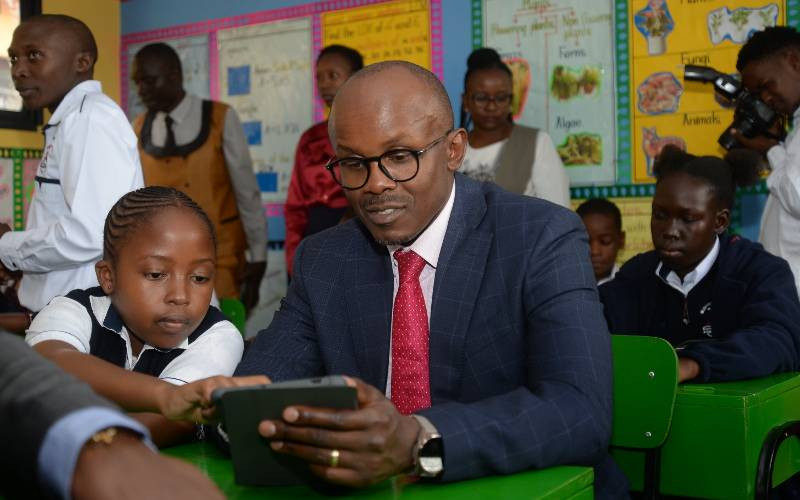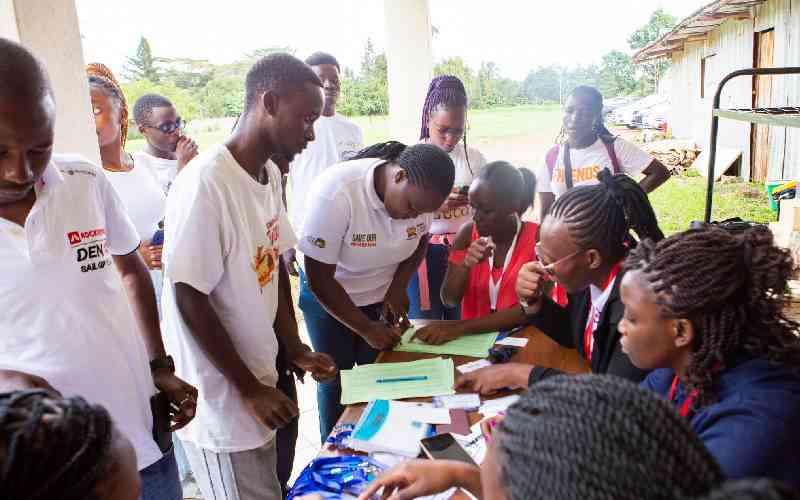Mobile services provider Safaricom has won a protracted legal battle on the ownership of a mobile telephone programme that enables subscribers to obtain airtime on credit.
Commercial Court Judge Mary Kasango dismissed a copyright suit filed by two businessmen - Christopher Omare and Michael Otachi - in 2009 against the telco as they did not produce evidence that their concept was similar to Safaricom’s Okoa Jahazi.
According to the judge, the idea claimed by the two was not original as it had been rolled out by telecommunication firms in other countries, such as Lesotho, Egypt and Spain before Safaricom took it up.
“The plaintiff’s claim is, therefore, to be rejected for lack of originality. The plaintiff’s claim would also fail because the plaintiff failed to plead the infringement they alleged against the defendant (Safaricom),” ruled the judge.
“Other than pleading that the defendant’s concept is based on their idea, the plaintiff did not specify what the infringement was. As I have found, the plaintiff’s proposal was very general.”
In the case, the complainants claimed they forwarded to Safaricom the idea, which they dubbed Emergency Credit Service, on November 23, 2006.
The judge heard that the idea was to provide emergency airtime on credit to subscribers who might have been travelling or were in an area where they could not obtain airtime.
They argued that Safaricom’s Okoa Jahazi was based on their idea, which they had handed over to its employees.
“The defendant (Safaricom) failed to respond to that proposal and in March 2009 it launched into the market a product called 'Okoa Jahazi', which allowed its subscribers to access emergency airtime. The product of the defendant was based on the ideas of the plaintiff contained in the plaintiff’s proposal,” claimed Mr Omare and Mr Otichi.
Safaricom denied the allegations, saying prior to receiving the concept from the two, it had already learned about the same from Vodafone operators such as Vodafone Spain.
To prove its case, the mobile services company produced emails and exchanges that showed it was already considering the concept before obtaining the proposal from the duo.
The court also heard that there were distinct differences between the idea from the businessmen and Okoa Jahazi.
 The Standard Group Plc is a
multi-media organization with investments in media platforms spanning newspaper
print operations, television, radio broadcasting, digital and online services. The
Standard Group is recognized as a leading multi-media house in Kenya with a key
influence in matters of national and international interest.
The Standard Group Plc is a
multi-media organization with investments in media platforms spanning newspaper
print operations, television, radio broadcasting, digital and online services. The
Standard Group is recognized as a leading multi-media house in Kenya with a key
influence in matters of national and international interest.
 The Standard Group Plc is a
multi-media organization with investments in media platforms spanning newspaper
print operations, television, radio broadcasting, digital and online services. The
Standard Group is recognized as a leading multi-media house in Kenya with a key
influence in matters of national and international interest.
The Standard Group Plc is a
multi-media organization with investments in media platforms spanning newspaper
print operations, television, radio broadcasting, digital and online services. The
Standard Group is recognized as a leading multi-media house in Kenya with a key
influence in matters of national and international interest.








